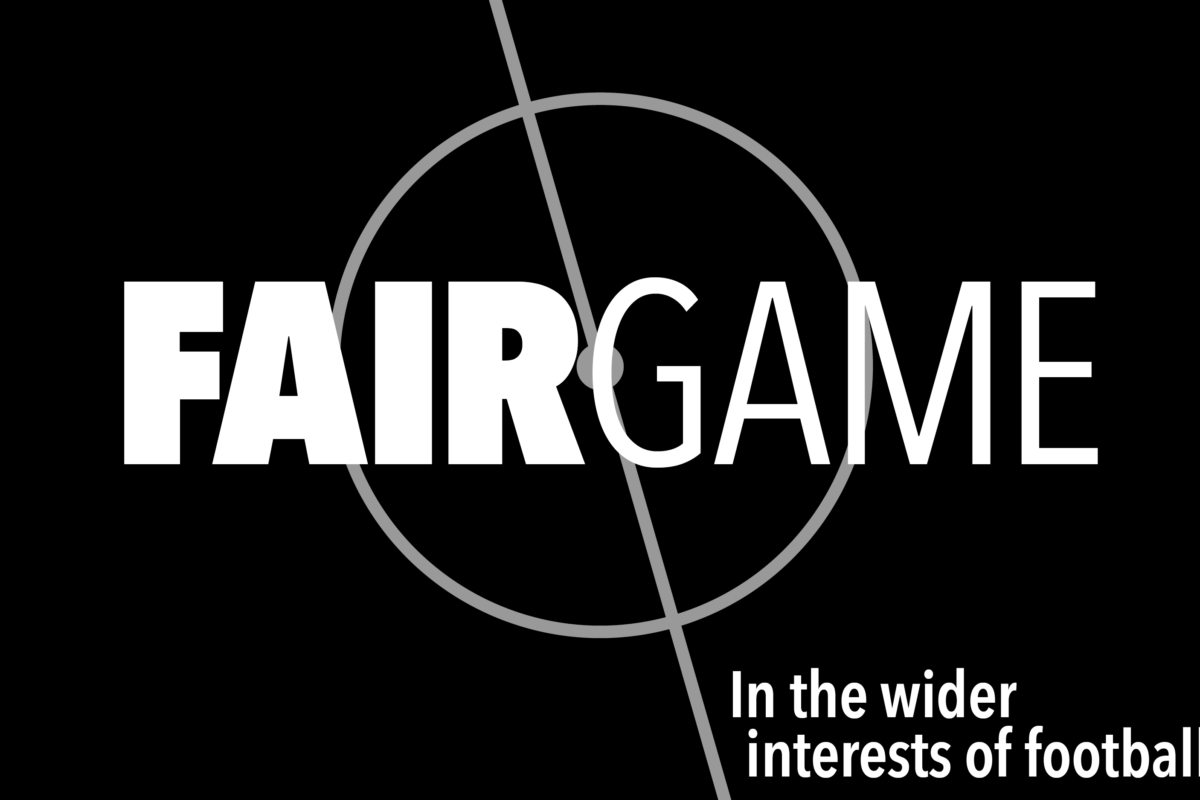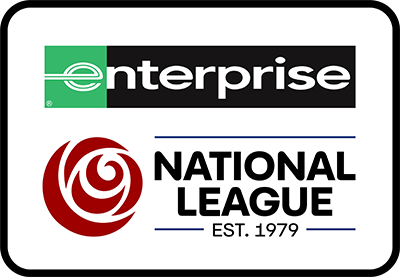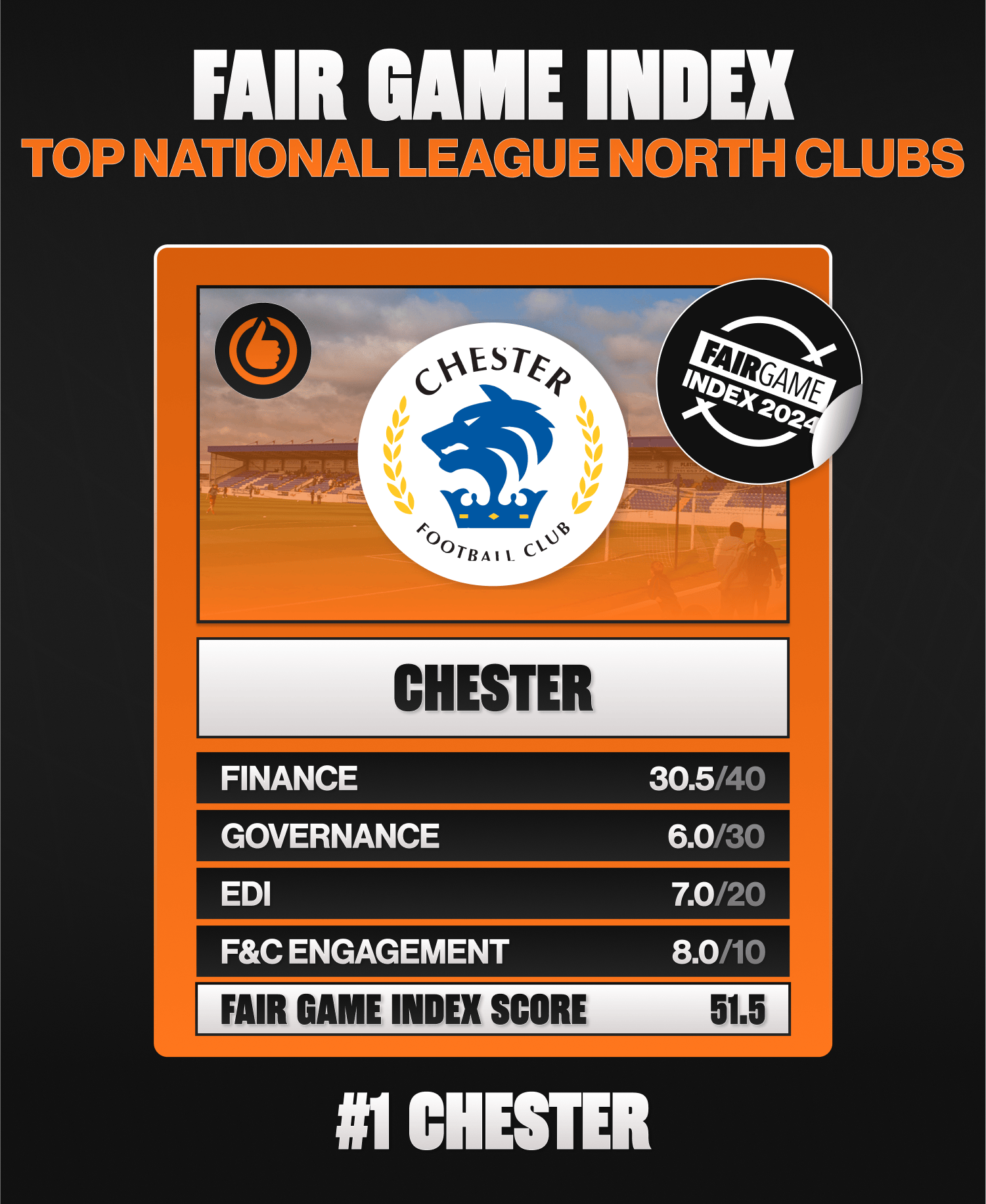
Blues rank top of NLN in Fair Game Index!
Chester Football Club has been named as the National League North’s best-run Club in the Fair Game index, which measures Financial Stability, Good Governance, Fan Engagement and Equality and Ethical Standards.
Released today, the Blues scored 51.5 / 100 and were top of the NLN table, just ahead of Scarborough Athletic who scored 47.5.
We were ranked best in the division for financial sustainability (30.5 / 40) and also the best for equality and ethical standards (7.0 / 20).
Our score saw us ranked 22nd in the country, just behind York City in 21st and just ahead of West Ham United in 23rd.
CLICK HERE TO ACCESS THE RESULTS PAGE
Fair Game Index – FAQ’s
There are four parameters, what is the maximum score for each?
The four criteria are weighted: 40% financial measures; 30% governance; 20% equality and ethical standards; and 10% fan and community engagement. Each of the criteria is developed from dozens of touchpoints, creating the most comprehensive analysis of teams in the English and Scottish football pyramids. The weighting was settled on my Fair Game’s team of experts. With clubs under constant financial peril, it was natural that this should be the category with the largest weighting. Governance is also important to underpinning the sustainability of a club. The equality strand has broadened to include ethics and environment. However, the Index is built on an ethos of constant improvement and the weighting will always be under review, notably we are currently developing research on both fan and community engagement.
What is the purpose of the Fair Game Index?
The Index aims to monitor the sustainability of football clubs by looking at their financial solvency, governance and equality and ethical standards, and fan and community engagement. We believe that it should be the starting point for the proposed State of Game Survey for the new independent regulator to assess the health of football.
How were the metrics put together?
Fair Game’s strength is based on extensive research. In each of the four strands, we have worked closely with clubs, supporters groups, leading academics and industry experts to analyse the issues and identify measurable and meaningful touchpoints. In some cases this has already led to published research notably on Owners and Directors Test, Environmental Sustainability, Good Governance, Gender Inequality, and football’s failed financial flow. Steve Radley project manages our research with help from several universities, while Adam Davis, lecturer at UCFB, and Joshua Price, director of Goal Assist help coordinate the data collection with the help of Rob Harrison from Ethical Consumer, who has extensive experience of auditing and creating business ratings.
So what is included in the strands?
Financial Sustainability includes 38 touchpoints and includes measures such as accounting, debt, ticket pricing and sponsorship. Good Governance draws on 55 different metrics and covers areas such as board structure, accountability and transparency. Equality and Ethical Standards has the most touchpoints – 106 – and covers a very broad range of topics from ethics to sexism, and from environmental impact to racism. Fan and Community Engagement has 30 touchpoints, including fan representation and community investment.
How could the Index help change the financial flow in football?
Football has operated in a gambling culture for decades, with owners encouraged to overspend caught by the Siren Call of the Premier League. It is a game of Russian Roulette with the history and traditions of clubs at stake.
Fair Game believe football should reward well-run clubs, and incentivise clubs to change. Football’s financial flow should be based on those that score well on financial measures, good governance, equality standards and fan and community engagement.
Fair Game’s experts have developed a prototype model on how this could work and it is explained here. The model is based on three fundamental principles developed by our team of financial experts:
- Parachute payments are flawed and must be abolished
- The EFL’s current distribution model (80% of revenue received from Premier League TV revenues goes to Championship clubs, 12% to League One, and 8% to League Two) is also flawed
- Football needs to reward well-run clubs





